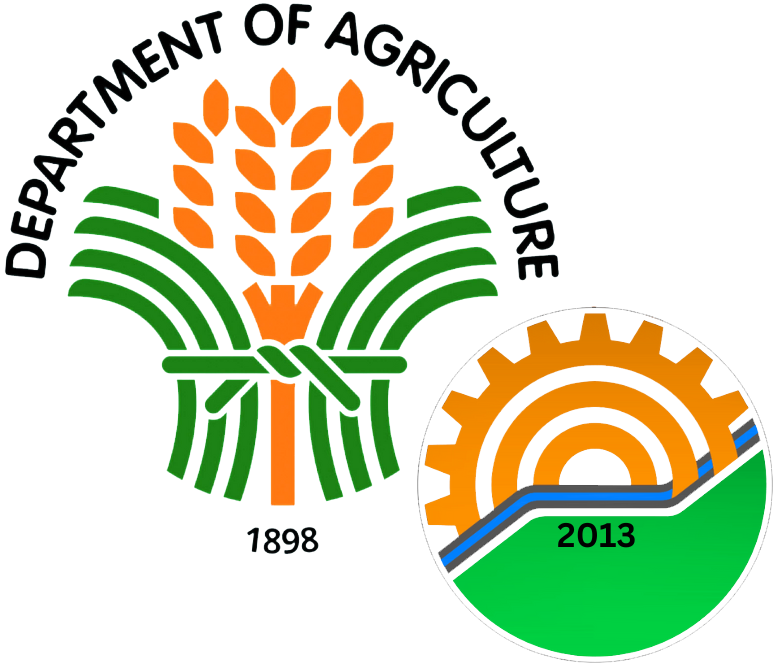The Department of Agriculture-Bureau of Agricultural and Fisheries Engineering (DA-BAFE) and the Philippine Fiber Industry Development Authority (PhilFIDA) entered into a partnership that seeks to harmonize the collaboration between the two agencies for the provision of complementary engineering services and data sharing in agricultural machinery and infrastructure in fiber areas.

DA-BAFE Director Ariodear Rico and PhilFIDA Executive Director Kennedy Costales signed a Memorandum of Agreement (MOA) on April 8, 2022 at the BAFE Conference Room to enhance the planning, implementation, monitoring and evaluation of fiber mechanization and infrastructure projects.

Witnessing the signing were DA-BAFE Assistant Director Juana Tapel and PhilFIDA OIC-Deputy Director Ma. Victoria Rivera.
In consideration of DA-BAFE’s and PhilFIDA’s core mandates, the two agencies agreed to institute effective linkage, appropriate level of coordination and organizational arrangement through the MOA.
In her welcome remarks, Asst. Dir. Tapel said that the MOA will clearly define how the exchange of information and data will be facilitated through the ABEMIS, the official repository of data and information of DA, and enhance reporting and monitoring systems of the different engineering programs and projects related to fiber industry mechanization and infrastructure.
DA-BAFE commits to allocate funds for the implementation of the different programs and projects as stated in the agreement. With the signed MOA, DA-BAFE and PhilFIDA will be working together to move forward the development of the fiber industry in the Philippines, Asst. Dir. Tapel concluded.
Dir. Rico expressed his excitement with the partnership of DA-BAFE and PhilFIDA in pursuing the mechanization and modernization of the fiber industry. He invited PhilFIDA offices for the mainstreaming of fiber engineering to be funded by LGUs. DA-BAFE is currently strengthening its ties with the LGU for the creation of Agricultural and Biosystems Engineering (ABE) units for the province, city, and municipality as mandatory offices and positions. Dir. Rico will advocate with the LGUs to include fiber mechanization and infrastructure as part of their program in collaboration with PhilFIDA and BAFE.
For his part, Dir. Costales said that abaca, with 97% of production being exported, is a dollar-earner for the country. Before the 1960s, the Philippines monopolized the exportation of abaca. After the 1960s, Ecuador and Costa Rica entered the abaca market. However, the Philippines dominates the abaca market having an 85% share in the world market.
A major problem faced by the abaca industry is its low mechanization rate – 92% of abaca produced is manually extracted. Manual extraction of fiber reduces the income of abaca farmers who earn an average of P500. Based on PhilFIDA’s computation, abaca farmers would earn a minimum of Php1,000 and a maximum of Php5,000 per working day if the abaca industry becomes mechanized and modernized. Dir. Costales said the MOA will facilitate and fast-track the funding for the mechanization of the fiber industry. ###Marshall Louie Asis
















